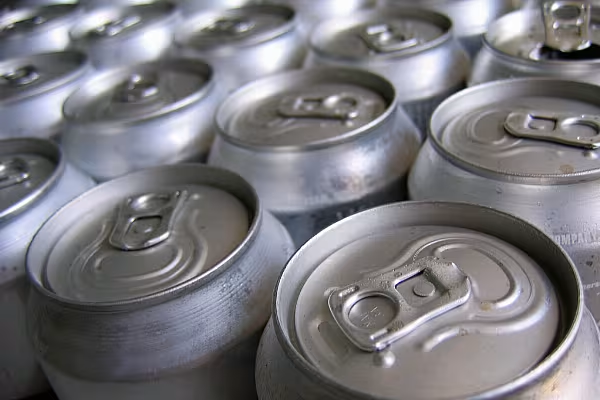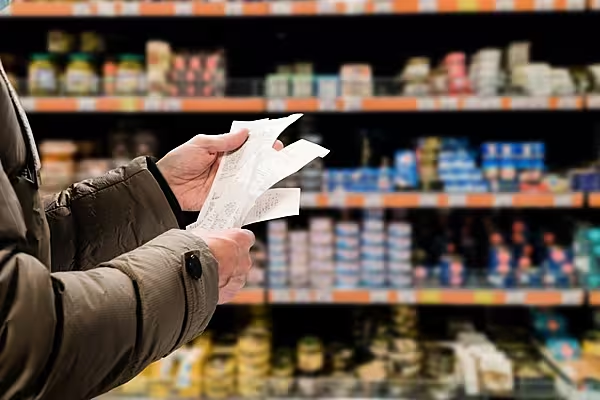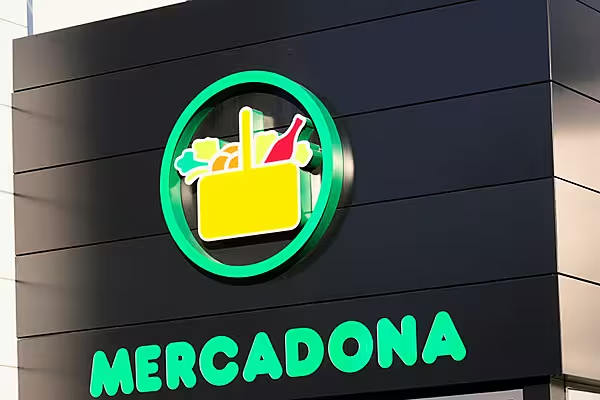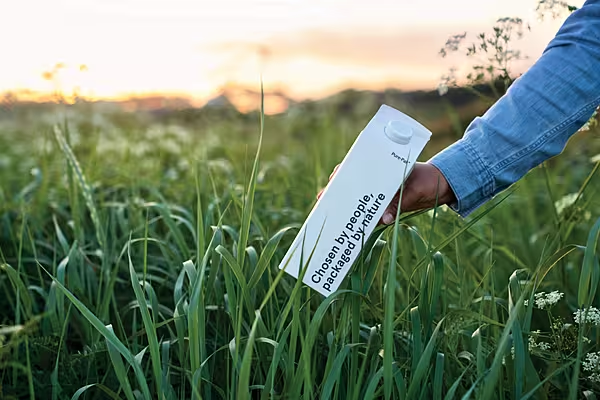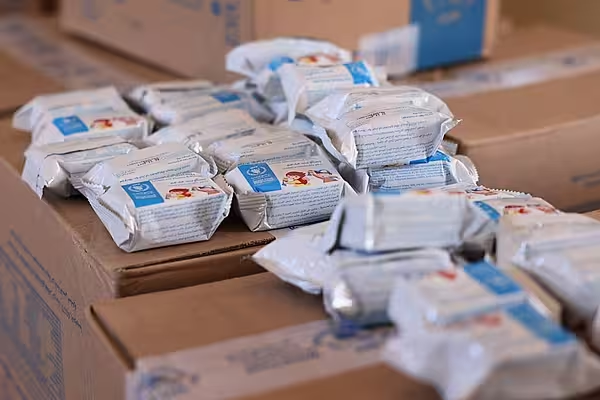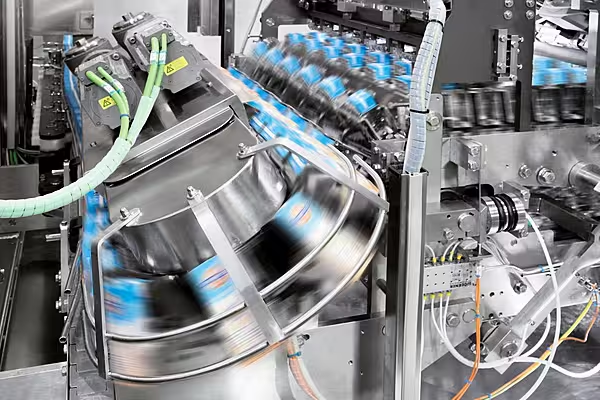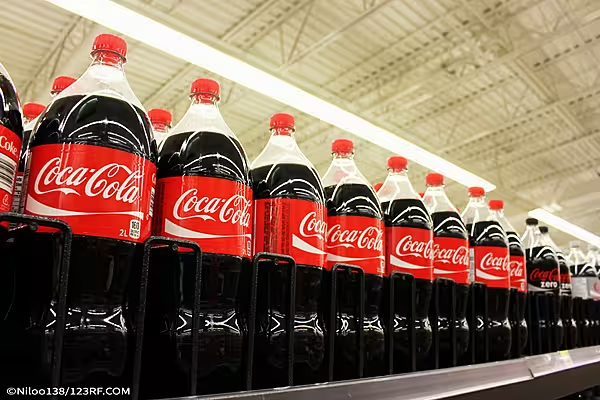German environmental body Deutsche Umwelthilfe (DUH) has reported that discounters like Aldi and Lidl are responsible for the increased use of drink cans in the beer sector, which, it claims, are less environmentally friendly than deposit bottles.
According to DUH, the use of beverage cans means that the discounters are contradicting their own principles of taking responsibility for protecting the environment.
In 2003, after the introduction of the container-deposit programme, the use of cans in the beer sector dropped to nearly 0%. Now, the percentage of cans has risen to 8%, and beverage cans are sold in more than 6,600 stores across Germany.
As well as Aldi and Lidl, DUH has also cited Rewe, Edeka, Penny and Netto as being responsible for the increase in the use of cans.
DUH called on these retailers to offer deposit bottles instead, to cull the use of drink cans, and to implement the required reusability rate of 70%.
Climate Protection
“If discounters are serious about climate protection, they have to offer deposit bottles instead of drink cans,” commented Barbara Metz, DUH federal secretary.
Thomas Fischer, the DUH manager for a circular economy, also criticised the discounters, saying, “The rebate rate of 70% in the Packaging Act obviously does not interest discounters. Environmental laws do not seem to apply to them.”
DUH’s Claims
DUH has called for the introduction of a levy on disposable plastic bottles and cans of at least 20 cent.
The revenue from such a levy should be used to carry out waste prevention campaigns, raise consumer awareness, and develop reusable systems, DUH reported.
© 2019 European Supermarket Magazine – your source for the latest retail news. Article by Jana Zimmermann. Click subscribe to sign up to ESM: European Supermarket Magazine.
